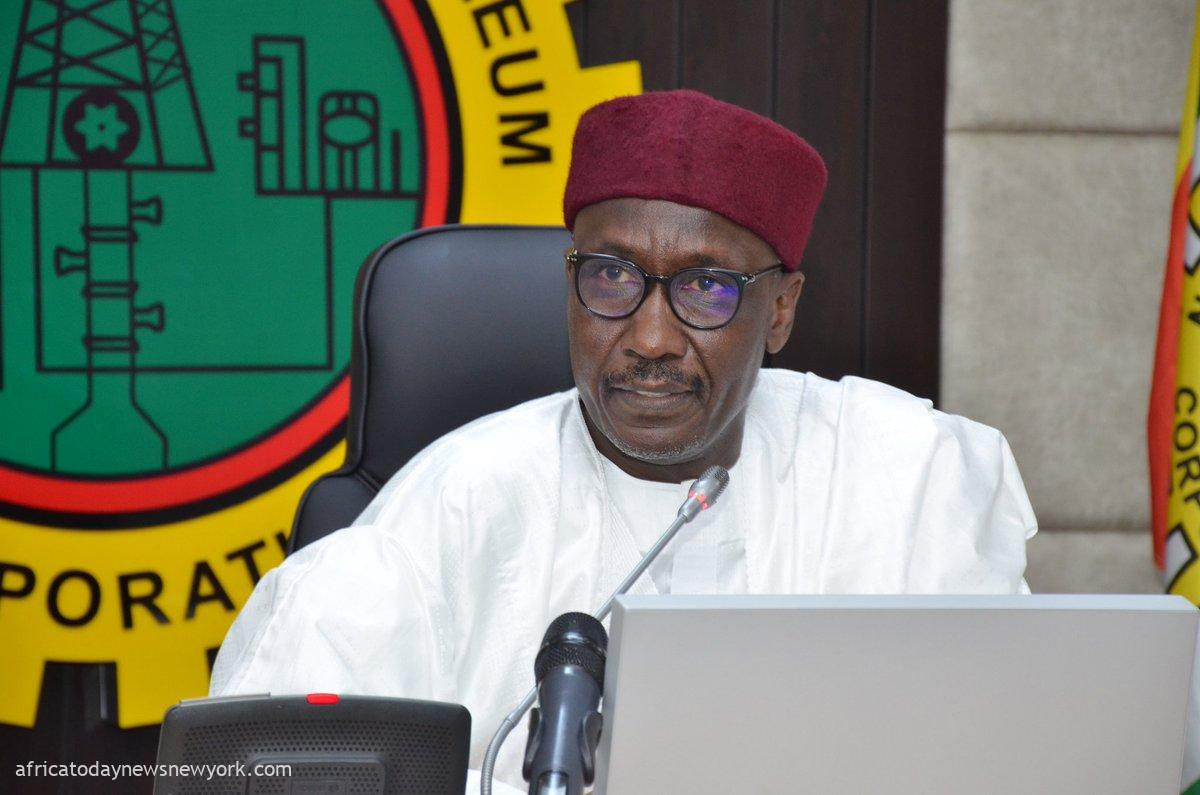Nigeria’s fuel consumption has seen a substantial 30 per cent decline since President Bola Tinubu’s removal of the fuel subsidy.
The disclosure was made by Mr. Mele Kyari, the Group Managing Director (GMD) of the Nigerian National Petroleum Company Limited (NNPCL), during a media briefing held in Abuja this afternoon, which was conducted under the auspices of Mr. Wale Edun, the Minister of Finance and Co-ordinating Minister of the Economy.
Mr. Kyari highlighted that the decrease in fuel demand, which has dropped from approximately 66.7 million liters per day prior to the subsidy removal to the current 46 million liters, also indicates a 30 percent decrease in the Nigerian National Petroleum Company Limited’s (NNPCL) demand for foreign exchange to procure fuel.
Read also: Fuel Subsidy: Ex-minister Demand Names Of Beneficiaries
The GMD, filled with joy, also shared that oil production had surged to 1.6 million barrels by Wednesday, a significant improvement from the previous dismal figure of less than 1 million just a few months ago.
Previously, Mr. Edun had stated that the Tinubu administration had set its sights on funds owned by Nigerians in both domiciliary accounts within the country and those held in foreign accounts.
Mr. Edun pointed out that Nigerians held significant financial reserves, both domestically and overseas, which could serve as a catalyst for economic rejuvenation. He also highlighted his team’s commitment to fostering an environment conducive to drawing these funds into the Nigerian economy for investment across a range of sectors.
The decrease in fuel consumption among citizens post-subsidy removal is predominantly linked to the elevated price, presently set at N617. Faced with this high cost, a number of people have sought out for alternative energy sources, like solar panels, which is considered a reliable means of conserving energy.
This has had an unkind impact on individuals who lack the financial capacity to invest in such alternatives. However, this indirectly affects every member of the populace, as the petrol price consequently affects the pricing of commodities and services.

